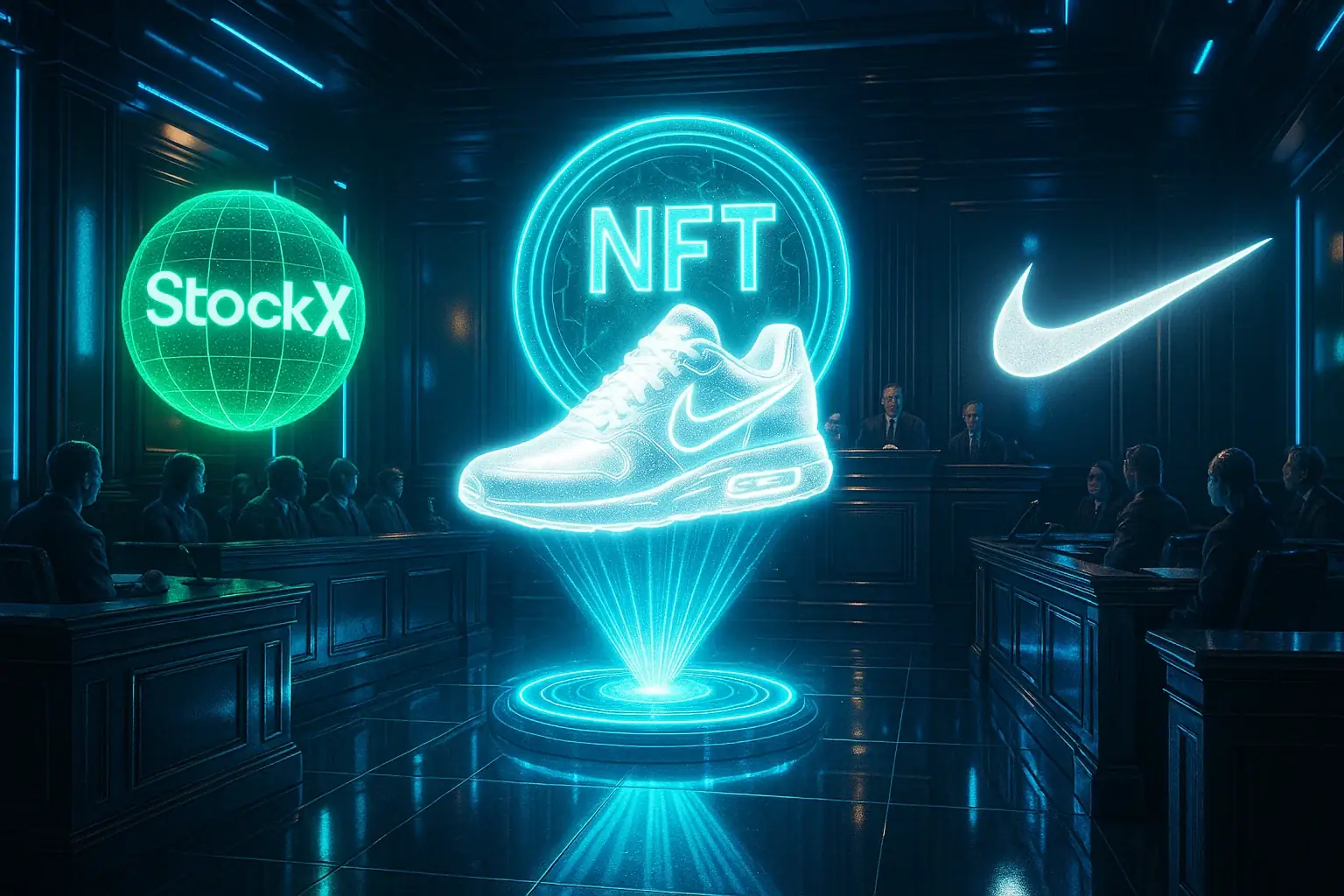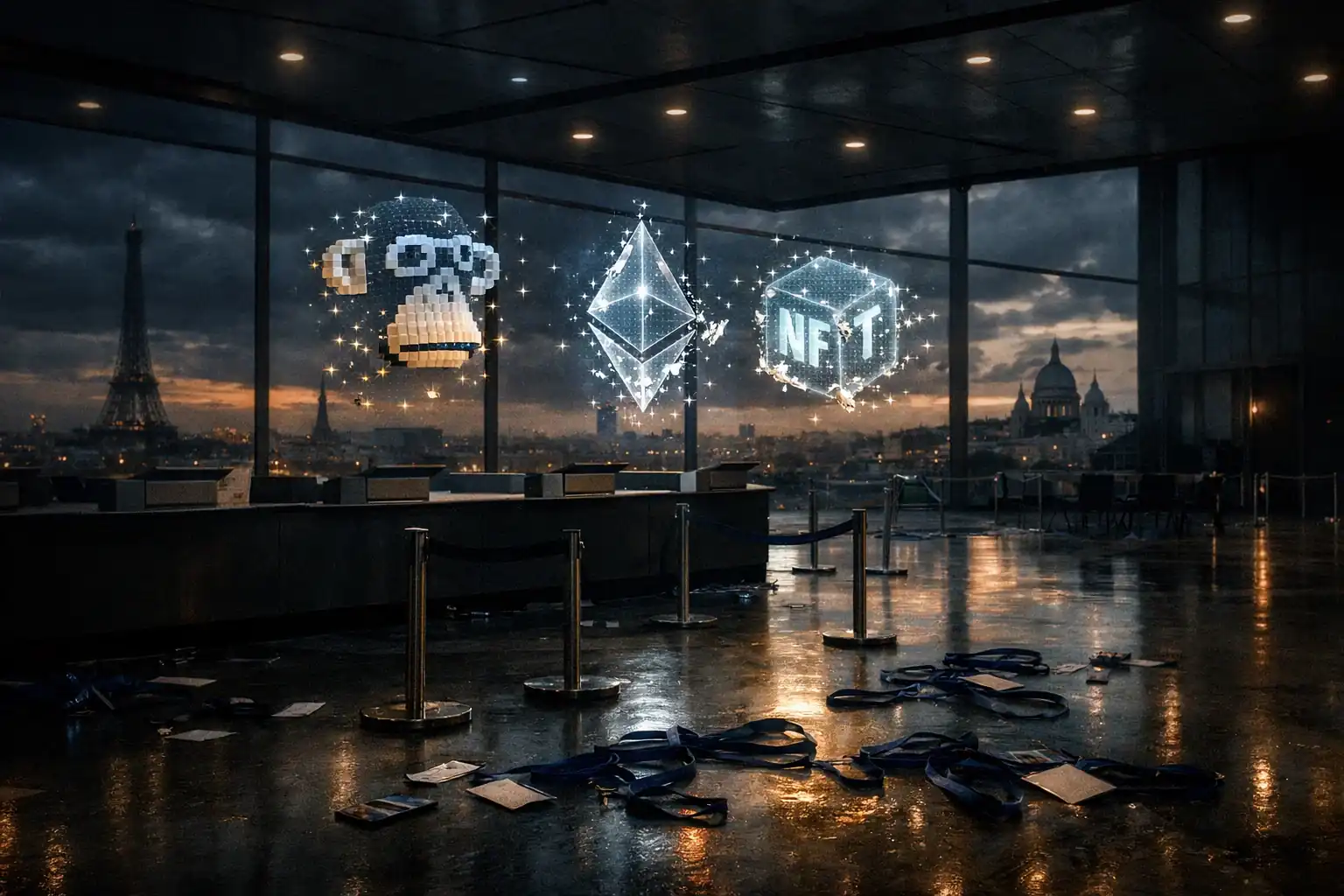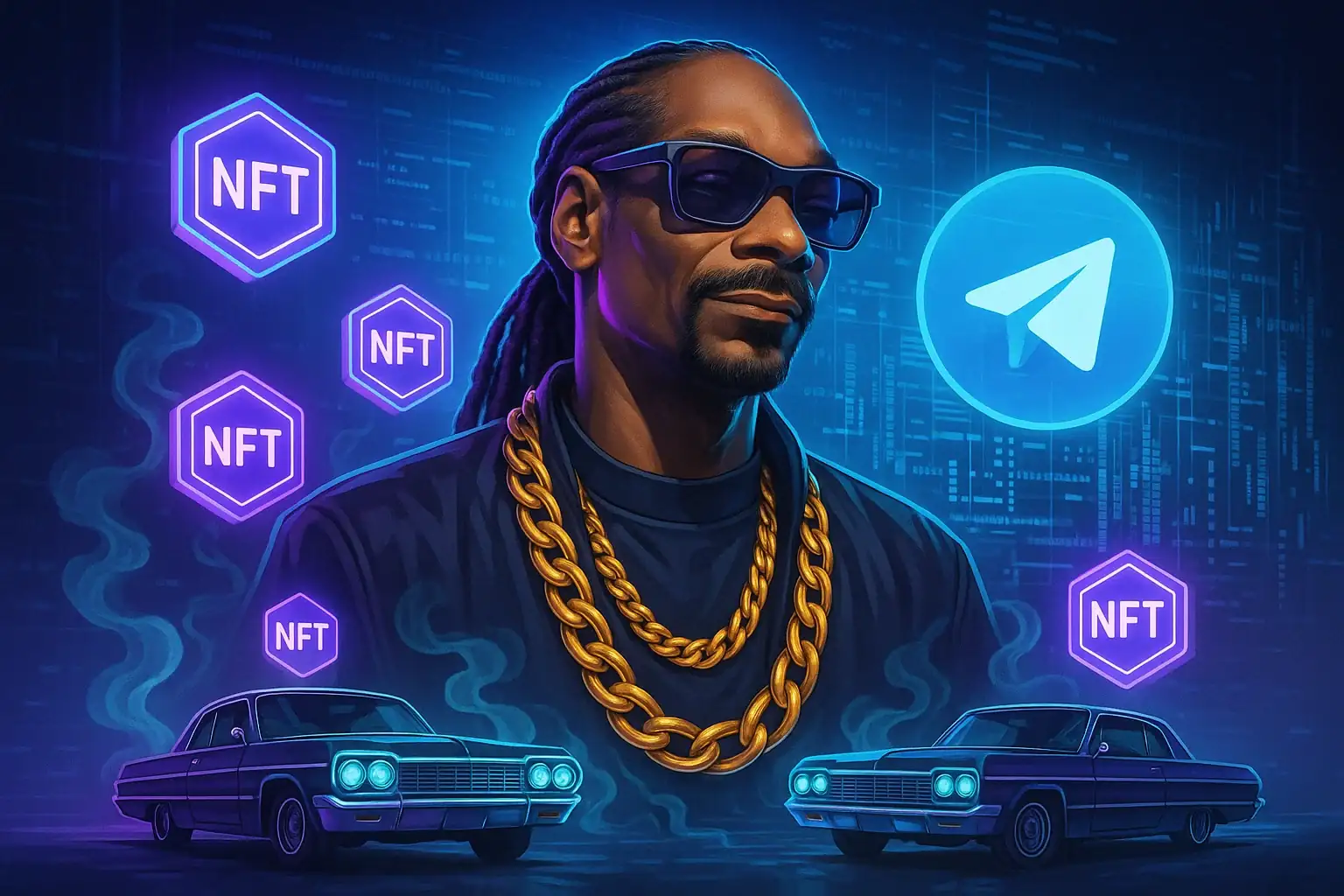In an unexpected development, the lawsuit between the sports giant Nike and the online marketplace StockX has ended with a settlement agreement and the dismissal of all charges 'with prejudice'. This means that the dispute can no longer be reopened in court. The settlement was formalised on 29 August 2025.
The first lawsuit dates back to February 2022, when Nike had accused StockX of trademark infringement for a series of NFT called "Vault", which used images of Nike trainers without the copyright holder's permission. According to Nike, these actions could have deceived purchasers into believing that the company approved the release of the tokens.
For its part, StockX had argued that NFTs were not an independent product, but only digital certificates confirming ownership of physical shoes.
The situation worsened in March 2025, when a court declared StockX responsible for the sale of 37 pairs of counterfeit Nike sneakers. This episode severely damaged the platform's image and strengthened Nike's position. The trial was scheduled to take place in October, but the parties decided not to go that far.
Why the settlement is important
- Legal aspect: By closing the case, Nike and StockX avoided a lengthy trial and further reputational damage.
- Final Closure: withdrawal "with prejudice" means that the lawsuit cannot be refiled; the conflict is over.
- Impact on the NFT market: the case sets a precedent, demonstrating that brands do not tolerate unauthorised use of their trademarks, even in the digital space.
- NFT and Trademark Rights: the Nike vs StockX case becomes a symbol for the entire industry, showing that the use of logos and designs without permission can have serious legal consequences.
- Product Authenticity: the fake trainers scandal highlights how crucial it is for retail platforms to strengthen their product verification systems to win customers' trust.
- Future of NFT Initiatives: companies working with digital collectible assets will need to be even more careful about the legal registration of their designs to avoid conflicts with big brands.
What it means for the parties
- For Nike: the conclusion of the case paves the way for the development of new strategies in the field of digital collections and the Web3, without the distraction of protracted litigation. The company is already working on virtual garments and digital accessories, and the end of the dispute allows it to focus on innovation.
- For StockX:the agreement represents an opportunity to gain the trust of the public and investors. The platform will be able to use this break to strengthen authentication protocols, introduce new verification methods, and increase the transparency of its activities.
Signal to the industry
The settlement sent a strong signal to the industry: NFT projects, especially those related to physical assets and world-renowned brands, must be legally impeccable. Positioning errors and flaws in authentication processes can cost companies their reputations and result in multi-million dollar lawsuits.








